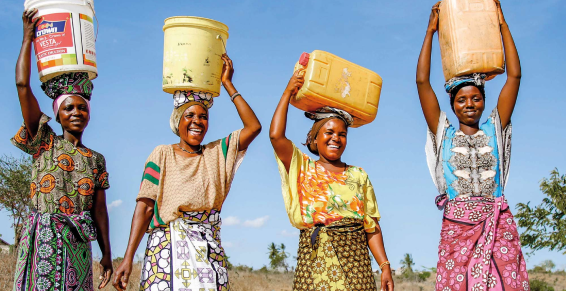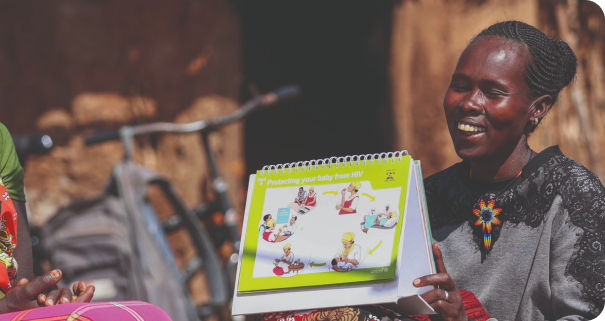Greening Our Infrastructure
Our goal is to shift the primary source of energy for towers (BTS) from traditional grid power and diesel, to Solar Photo Voltaic (Solar PV), and thereby ultimately convert 90% of our sites within five years. We have so far:
- Installed over 1,400 solar PVs at our network sites
- Achieved a 50% reduction of emissions from supply and value chains
- Instituted 100% of the UN Guiding Principles and responsible sourcing principles


Fuel and Water Consumption
During the year under review we achieved:
- 13.9% decrease in water consumption
- A 11.9% decrease in our fuel consumption



